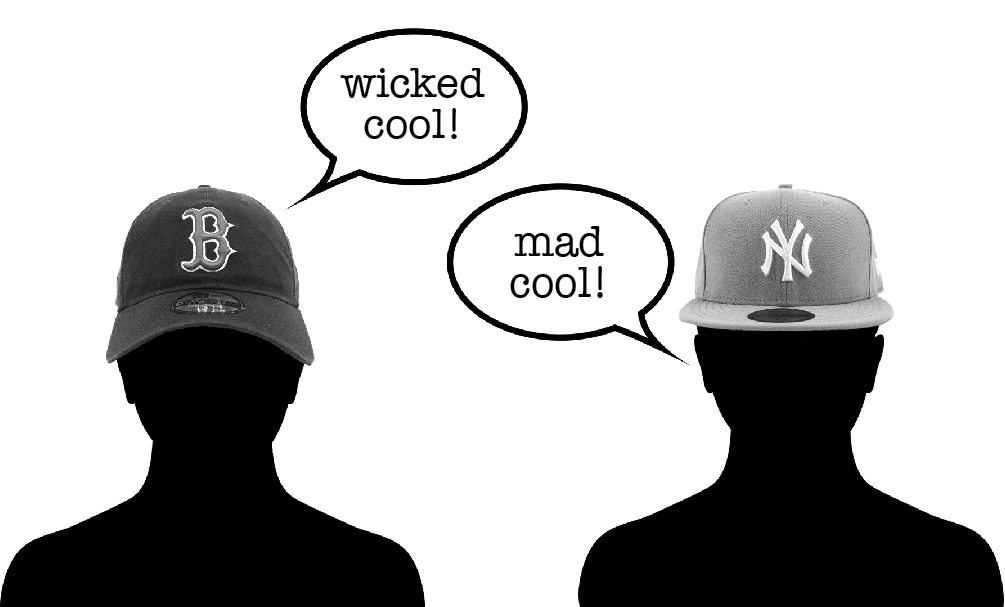by The Cowl Editor on October 18, 2018
Opinion

by Katherine Belbusti ’22
Opinion Staff
When going off to college, one fully expects to have to adapt to his or her new environment. Adjustments that come to mind are making friends, adjusting to an academic schedule and living in a dorm with roommates.
One unexpected surprise has been adjusting to differences in spoken English.
After being at Providence College for only eight weeks, I can firmly say that I am not in New York anymore. I think all Northeasterners who are not part of New England can agree that the slang and lingo here are so much different than what we are used to.
In fact, not only have I not understood what some of my New England friends have been saying to me, but I also have gotten into many heated debates over the correct or incorrect way to say “bulkie” (that’s a roll for all you non-New Englanders).
After debating, it becomes apparent that the way some people talk in Providence, or other parts of New England, is drastically different from the way people talk in New York.
Where New Yorkers say water fountain, New Englanders say bubbler. If something is “mad annoying” in New York, it is “wicked annoying” in New England. The list of differences seems to go on and on. How is it possible to live only a couple hours from Providence and to have never heard some of these phrases before?
At times, some of our linguistic differences have been humorous, but at other times, it can be frustrating. One added benefit has been how much fun we have discovering these facts as we get to know each other.
It is surprising how decoding each other’s slang is such an important element in bringing peers together. Our slang is very local, something we do not fully realize until coming face to face with different slang.
It gives us a sense of pride in our hometowns and gives us something unique and special to share about where we are from. When we learn our friend’s slang, it gives us a deeper connection to them and we learn what makes them unique.
Language has always gone hand in hand with culture. Perhaps this divide in speech among people from the Northeast does not signify any deeper cultural difference, but it provides some insight into the diversity of language in the nation as a whole.
Surprisingly enough, this experience has made it easier to understand a little of what it must have been like for our ancestors who came to this country. They had to adjust their language and customs when they came in contact with different dialects of their own language or with the great American melting pot.
While the collective impact of immigration into this country in the last century might not have contributed to the differences in slang in the Northeast, all of our experiences add to the conversation in the PC community.